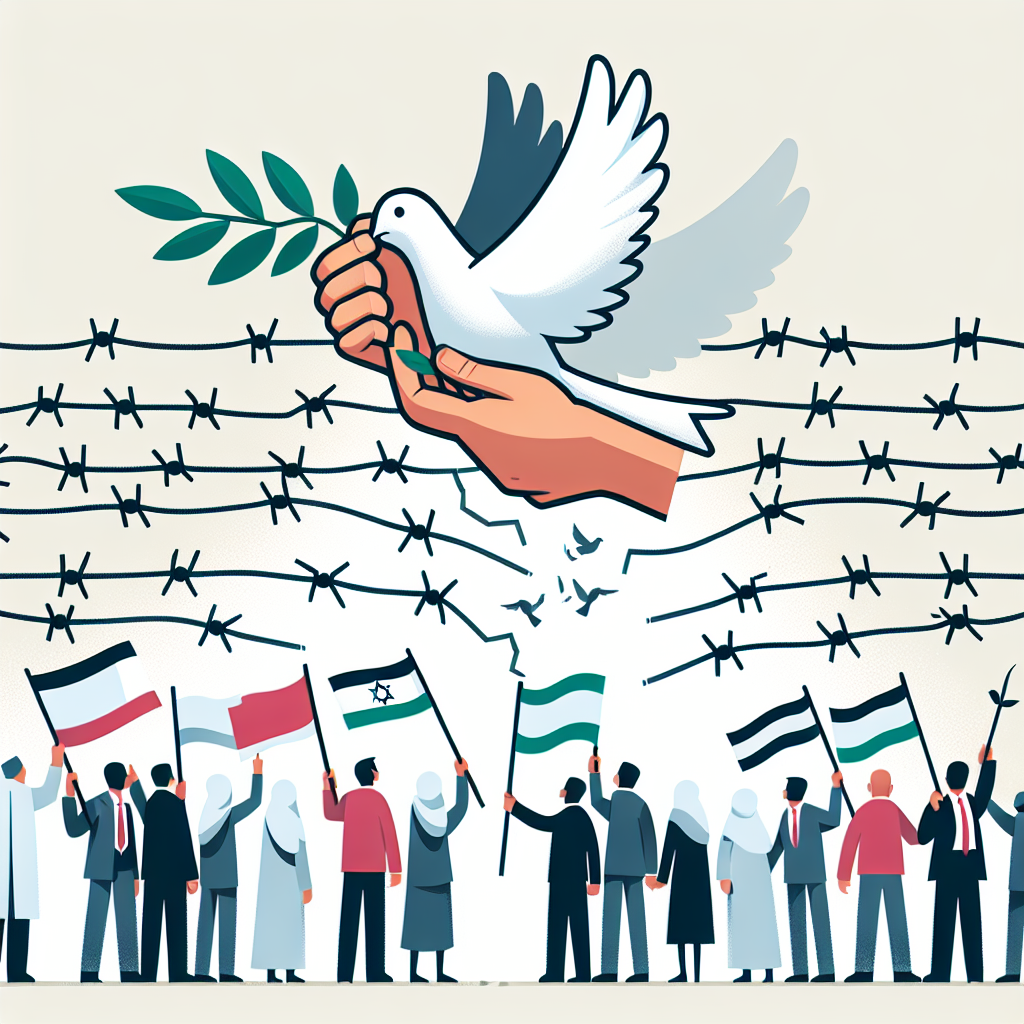Fragile Peace: Islamabad-Kabul Ceasefire at Crossroads
A ceasefire between Pakistan and Afghanistan hinges on Taliban control over militants attacking Pakistan. The agreement, formed after deadly border clashes, involves Pakistan, Afghanistan, Turkey, and Qatar. The ceasefire's stability is threatened by attacks from the Afghan-based Tehreek-e-Taliban Pakistan.

A fragile truce now binds Pakistan and Afghanistan, contingent upon the Taliban's ability to prevent militant attacks on Pakistan originating from Afghan soil. Pakistan's Defence Minister, Khawaja Muhammad Asif, stressed the critical clause in this ceasefire agreement reached in Doha after severe border clashes.
Under the terms, Pakistan, Afghanistan, Turkey, and Qatar have committed to preventing any cross-border incursions. Violations from Afghanistan, Asif warned, would breach the agreement, underscoring the pivotal role of the Taliban in enforcing the ceasefire.
Tensions linger as the Tehreek-e-Taliban Pakistan, an umbrella group of Islamist militants, continues operations from Afghanistan, challenging the peace deal. Kabul has rebuffed such claims, leaving the ceasefire's future uncertain.
ALSO READ
-
Fragile Ceasefire: Gaza Strip Conflict Worsens
-
DGCA's Temporary Extension Sparks Safety Concerns Amid Pakistan Airspace Closure
-
Fragile Ceasefire Unfolds: Hostage Remains Swapped Amid Israel-Gaza Tensions
-
Fragile Ceasefire Tested: Escalating Tensions in Gaza
-
Gaza's Cash Crisis: A Struggle Beyond Ceasefire









